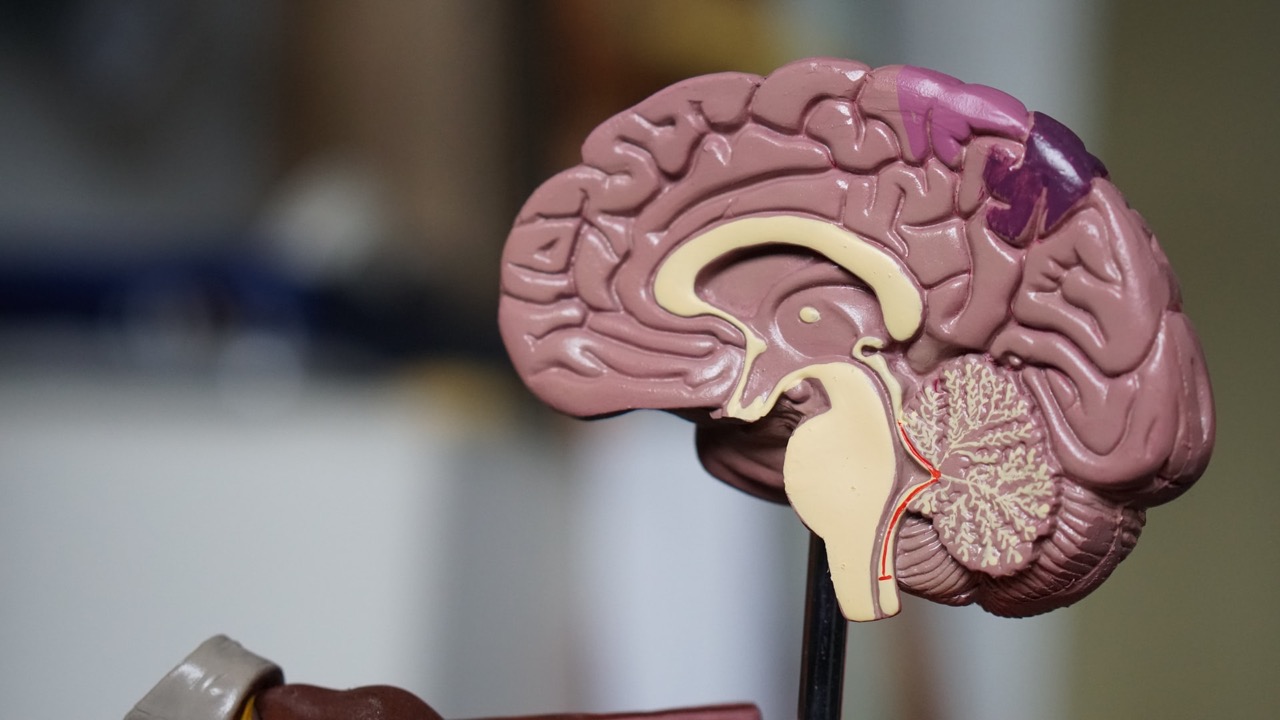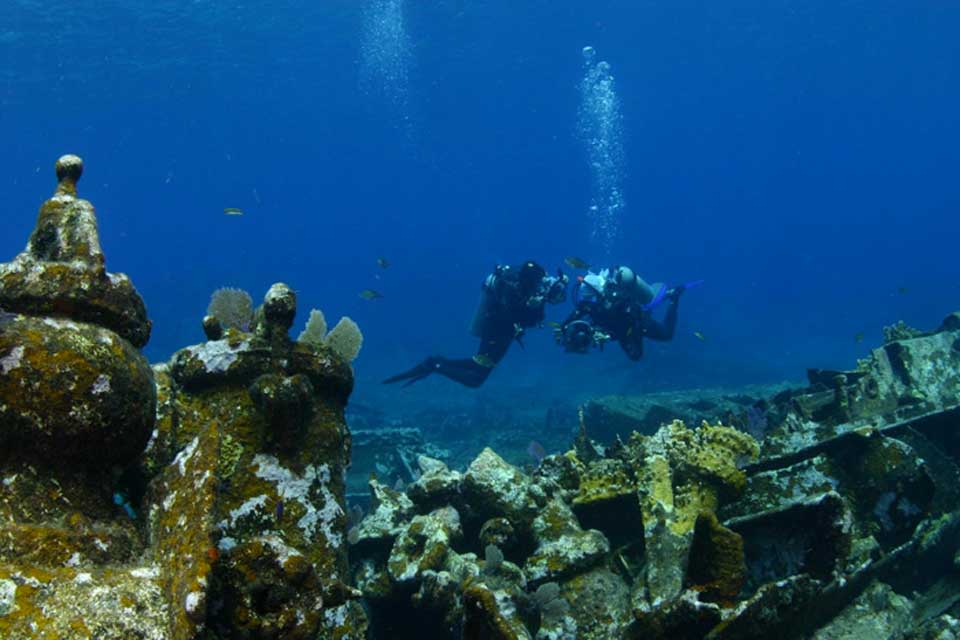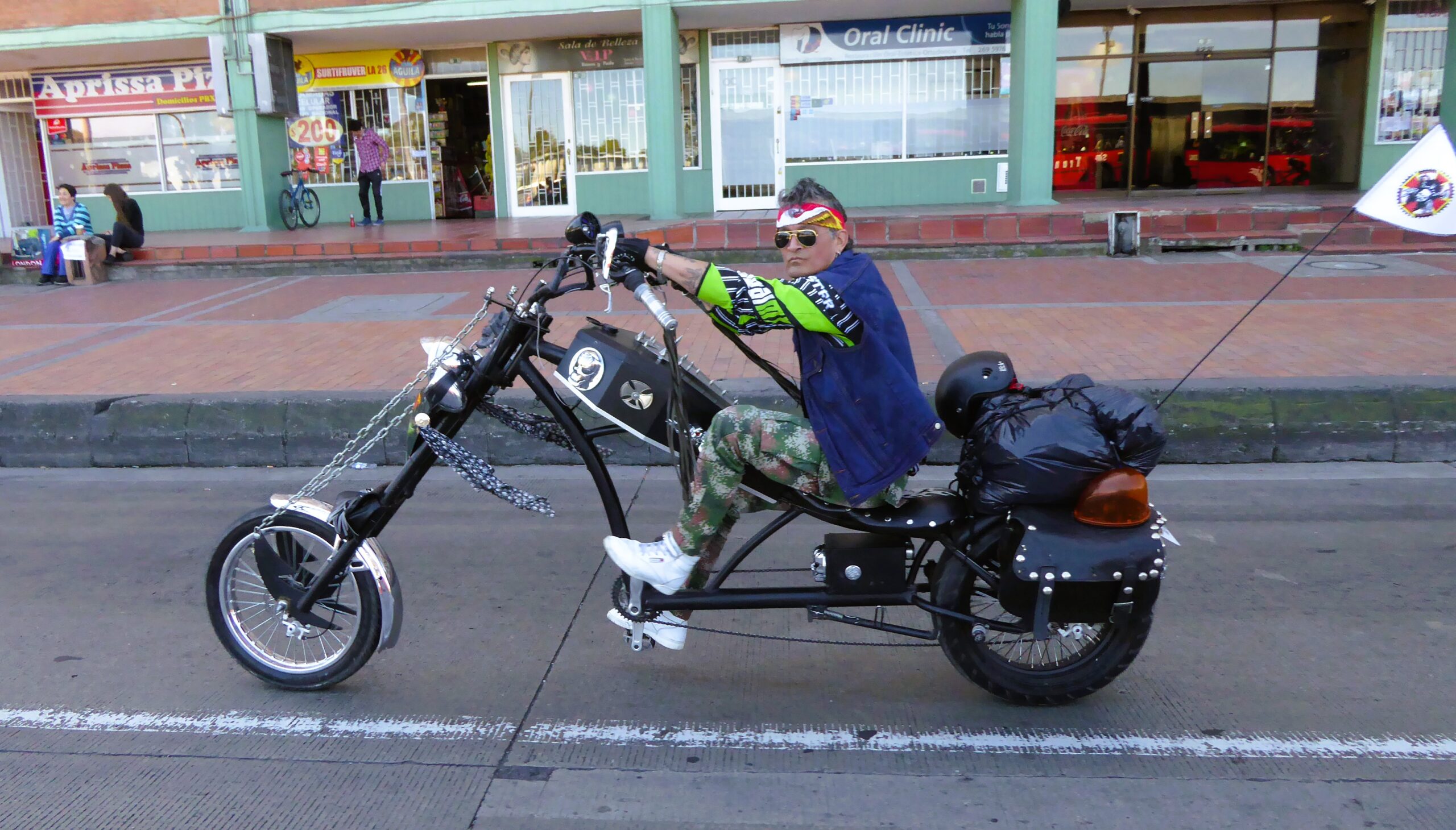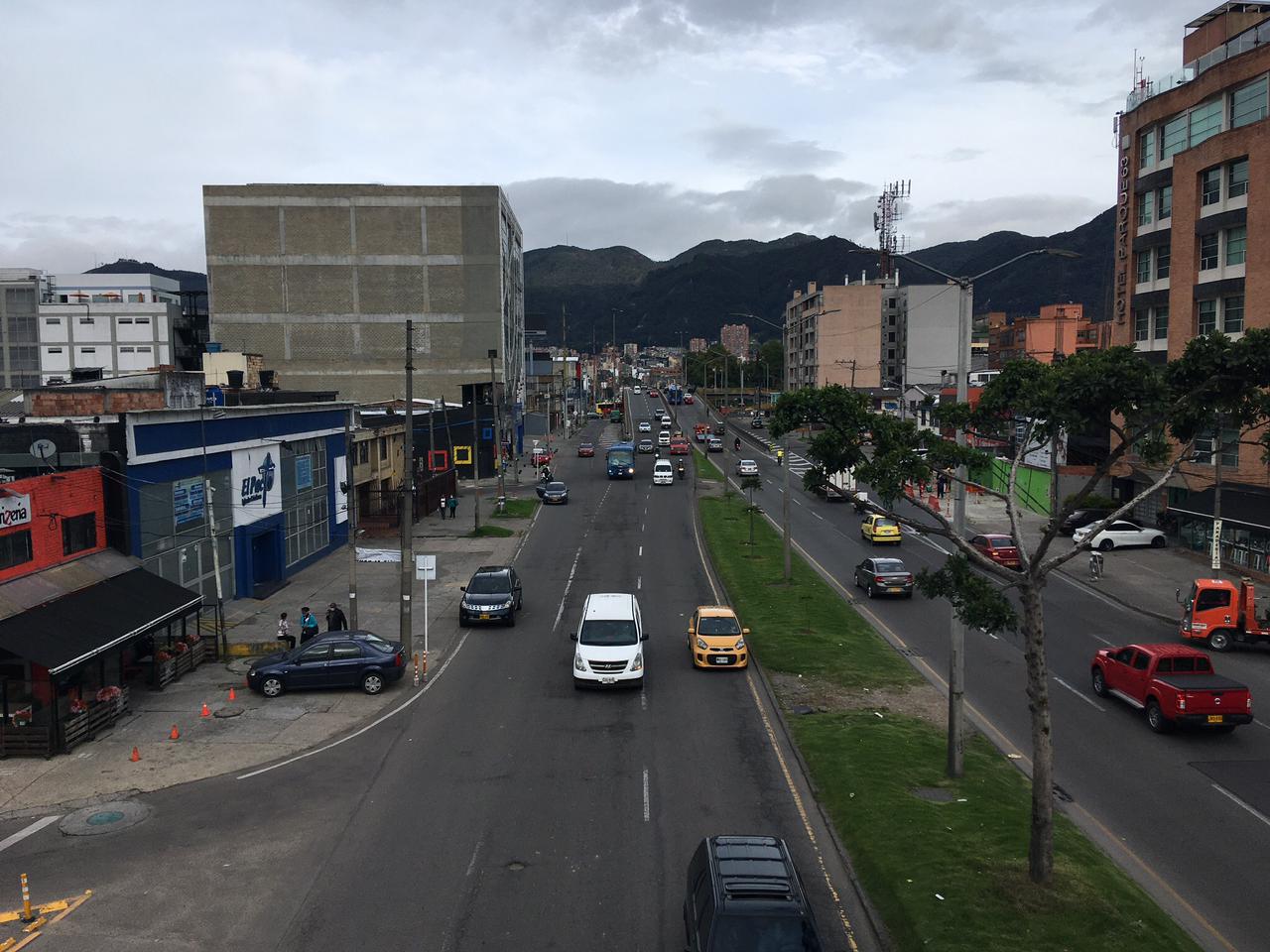There’s a clear discrepancy between what is officially allowed and what is actually happening in Bogotá at the moment.

Pico y cédula is here at last! After so long waiting to catch up with more innovative areas of the country, rolos can finally start worrying about ID. It’s more welcome than the disastrous attempt to implement pico y género, not least because it’s not going to be enforced. Yes, you read that right. It’s not being enforced by the police, but rather left to shopkeepers and security guards to check.
This immediately begs the question: Why? Kind-hearted souls might say that it’s because López wants to avoid the pico y género scenes of trans people being harassed by coppers. In reality, it’s likely much more worrying: The police are not following López’ orders, or at least being openly selective about which they follow.
Claudia López says you can’t exercise after 10am, but there are plenty of people doing exercise in the parque nacional daily, often just yards from the police and park authorities alike. Farcically, this weekend saw alcaldía officials bellowing that tapabocas were obligatory as streams of runners and cyclists sped past without. They proclaimed the 10 o’clock limit even as people were passing them at near midday.
Tennis players are playing on the supposedly closed courts – they tell me with assent from the parkies. Again, it feels like there’s an unwritten code being followed – the authorities step in at times, but rarely obviously following the official regulations. Small tiendas are not asking for cédula numbers, nor are the police bothered about it. In reality, this is no pico y cédula, just a token block on people entering some places like banks and supermarkets. #quedateencasa, but if you go out we won’t do anything. A warning with no teeth and with such little enforcement, is it any wonder that people are ignoring the rules?
Of course, the unanswered question here is: Who’s making those rules? Are the police acting independently, or do they have an unofficial nod from somewhere? If the latter, does that come from the Palacio Liévano or Nariño? Without knowing what the rules actually are, everyone is in a difficult position. Unwritten rules are hard to read.
We hear that bars are looking to be opening in August, according to the mayor’s office, but they’re already open here, not clandestinely but clearly. This follows the trend so far established in earlier weeks. Ferreterías and papelerías opened in my zone long before official permission. Well, I say before official permission, but there’s obviously permission from the police, just as I was having a fine Imperial Stout in clear view of a CAI on Saturday. It seems that the decretos of the politicians are not the most important rule.
It’s no bad thing, in my eyes. Watching what the people will accept and adapting to that seems like a fair, democratic model that strikes a balance between allowing people to go about their business and avoiding a heavy outbreak of coronavirus.
After all, the two extreme positions are both unmanageable. Zero restrictions would mean an overwhelming of services that would lead to a massive death toll. On the other hand, completely shutting everything down would make life untenable for many. The absurdity of those two extremes forces us to consider a balance between them – call it intelligent isolation, call it gradual opening, call it plan acordeón if you like.
It’s about deciding where to draw the line, basically, and following public will isn’t a bad way to do it. And so far, it’s been successful. Bogotá has had deaths, there are plenty of cases – and they are increasing. But we’re far from a Guayaquil or Manaus at time of writing, and the hit to Colombia’s GDP projection is bad, but better than other countries. There’s also been relatively little social unrest, given the impact this has had on the lives of millions.
What is worrying is the implication that the police are ignoring the mayor’s office, and that this is happening so openly. Worse yet, it’s not clear exactly what rules are being applied, or why. At the moment, we’re all still fumbling in the dark and that’s not helpful for anyone. It might be a good idea to follow public will, but that needs clarifying so we all know where we stand.





